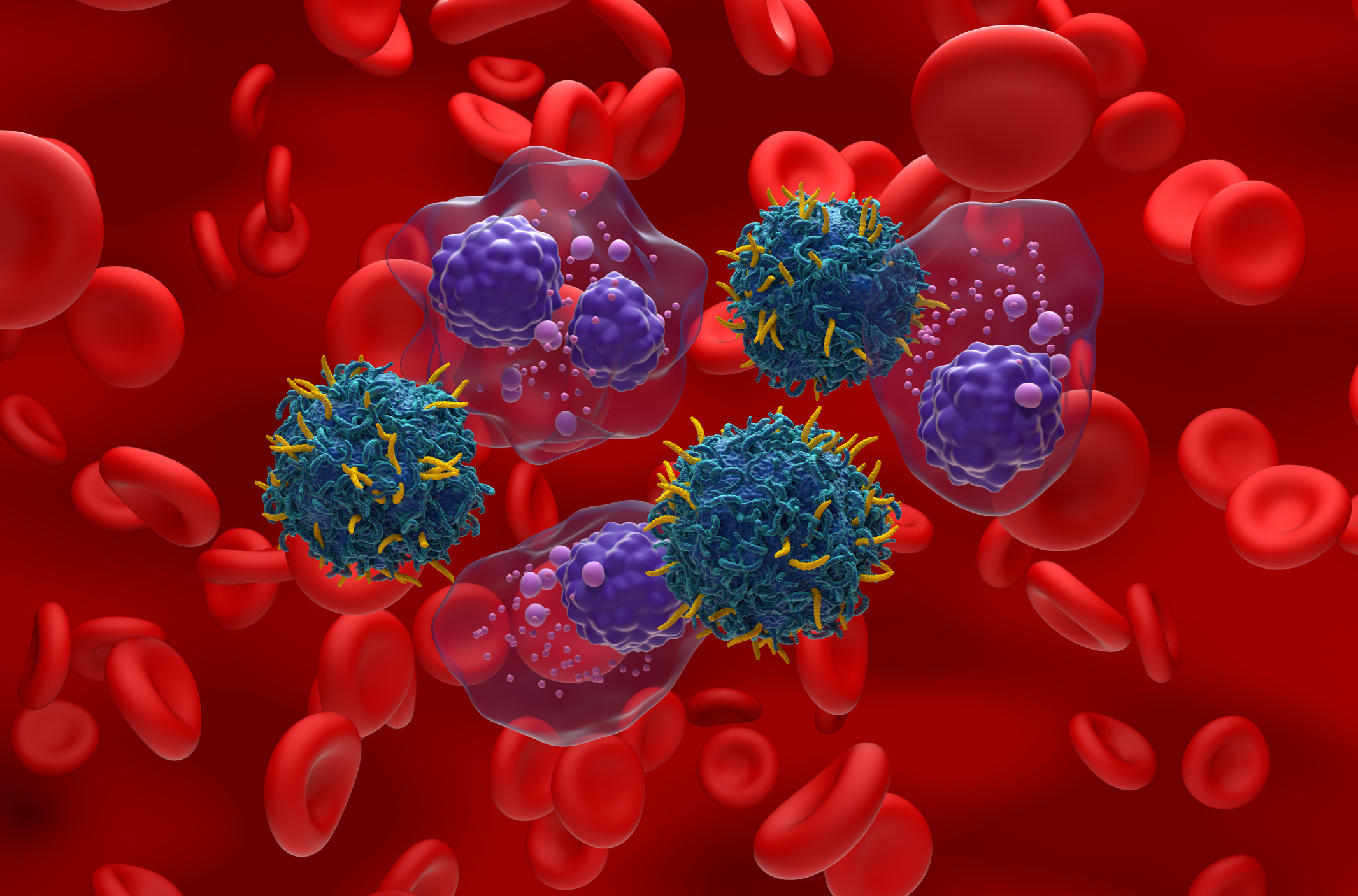The Importance of Multiple Myeloma Educational Resources
By Lorinda Coombs, PhD, MSN - Last Updated: November 28, 2023Lorinda Coombs, PhD, MSN, of the University of North Carolina Chapel Hill School of Nursing, discussed the results from a survey of patients with multiple myeloma (MM) and advanced practice providers (APPs) who treat MM.
The survey, conducted as part of the collaborative ASPHO/Janssen Make It HAPPen™ Research project, included 200 patients with MM and 100 APPs who revealed a desire for increased educational resources surrounding the treatment and diagnosis of the blood cancer.
According to Dr. Coombs, the survey “put a pin in the map on how familiar patients are with APPS as well as how familiar they are with myeloma. The goal was to amplify the patient voice, as well as to better understand the role and perception of APPs in the myeloma space.”
The survey also evaluated how equipped APPs feel in terms of education and resources to care for patients with myeloma. “Many APPs felt like they could have benefitted from more education or been part of the patient’s journey a little longer starting from the beginning throughout,” Dr. Coombs said. “The caregiver is a really big part of anybody who’s received a diagnosis of MM. Engaging caregivers and informing them in the discussion was a challenge for APPs.”
Dr. Coombs also explained that although MM is a relatively rare blood disorder, the abundance of available treatment options contributes to the complications of treating patients, as well as patients’ own confusion regarding treatment. “For patients, they really felt like they could have been equipped with a little more educational resources,” she said. “They were unclear on where to turn in terms of trusted education on myeloma.”
As for which educational resources are fitting for patients with MM, Dr. Coombs pointed patients towards the Make it Happen MM website.
Moving forward, Dr. Coombs would like to diversify the total sample size to increase generalizability of the results. “Any research that amplifies the patient voice and asks questions like, ‘Who do you feel more comfortable asking questions to? Where would you go for resources on MM and sequencing treatments?’ Those are really important questions to ask in order to deliver patient-centered care,” she said.






 © 2025 Mashup Media, LLC, a Formedics Property. All Rights Reserved.
© 2025 Mashup Media, LLC, a Formedics Property. All Rights Reserved.